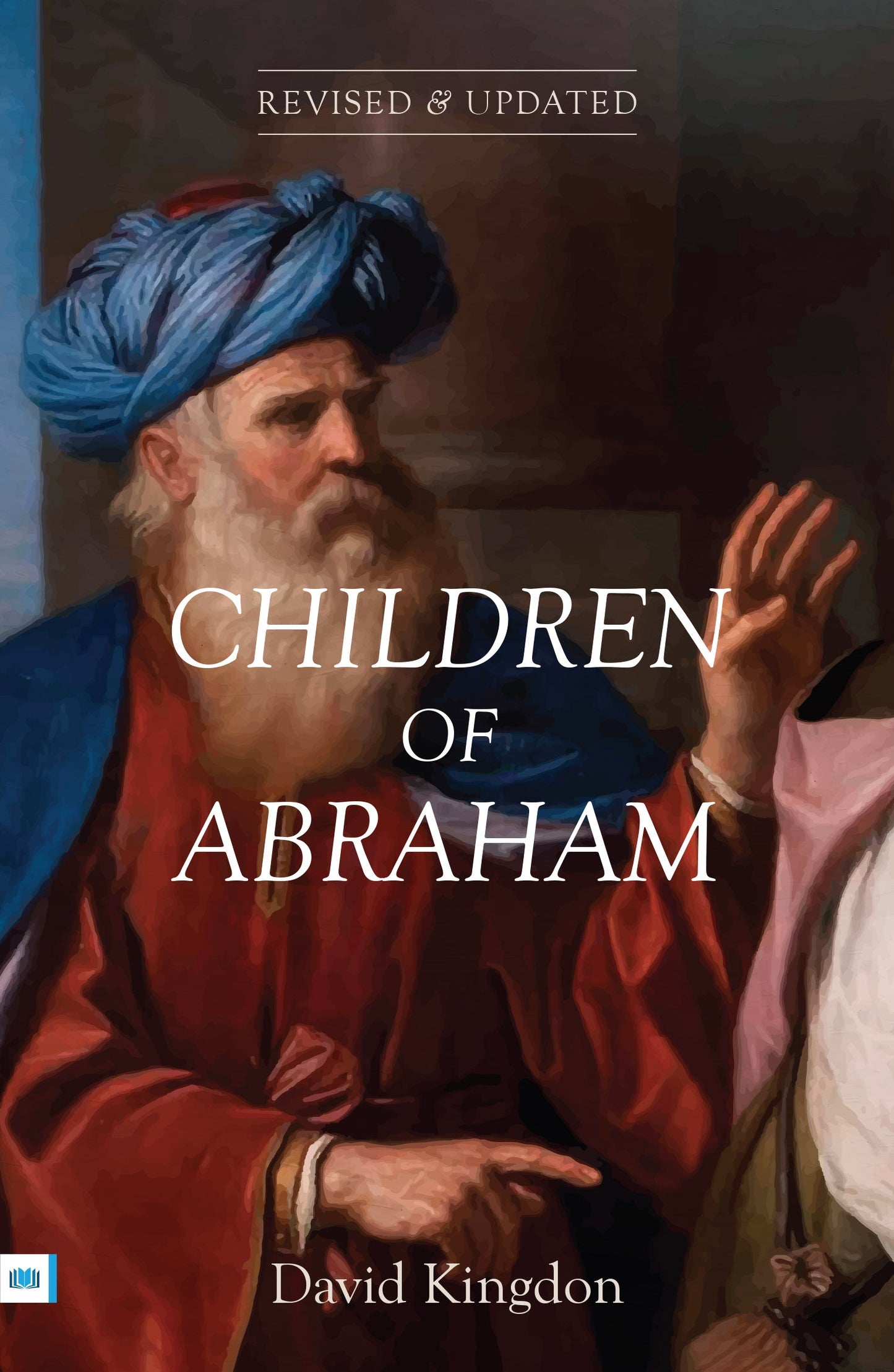Grace Publications
Children of Abraham
Children of Abraham
Couldn't load pickup availability
First published during a resurgence of interest in Reformed theology, Children of Abraham made a major contribution to the re-thinking of the doctrine of the church and baptism around the world. Now revised and updated for the twenty-first century, David Kingdon's classic defence of believer's baptism deals cogently with this vital issue through careful exposition of Scripture and seeks to work out a positive view of children and the family in God's redemptive purpose.
ENDORSEMENTS
‘The issues dividing Baptists and Paedobaptists have to do with much more than the quantity of water and how (and when) it is to be applied. They have to do with matters as large as how we put our Bibles together. The best brief treatment of the topic from a Reformed Baptist perspective is this book by David Kingdon, here reprinted in an expanded form. I was struck by its cogency when I first read the material almost fifty years ago, and my estimation of its value has not changed.’
D.A. Carson, Emeritus Professor of New Testament, Trinity Evangelical Divinity School
‘I have long considered David Kingdon's Children of Abraham to be the definitive study of the Calvinistic, or Reformed, Baptist defence of our position on believer’s baptism. I am thrilled to see this revision and reprint and heartily commend it to the reading of not only Baptists but also our Paedobapitst friends. Both will see that the Baptist position is deeply grounded in not only various scriptural texts but also in the theological architecture of the Christian faith.’
Michael Haykin, Chair and Professor of Church History, Southern Baptist Theological Seminary
‘In characteristically thoughtful and measured fashion, David Kingdom lays out a Reformed Baptist view of the covenants. The debates about baptism have continued over the past fifty years, but this volume endures as a persuasive and edifying contribution.’
Bill James, Principal, London Seminary
‘Reading David Kingdon’s Children of Abraham helped to ground my baptistic theology in the rich covenant theology of baptist confessionalism. This is one of the reasons why I rejoice in seeing it updated and made available for this generation.’
Leonardo De Chirico, Lecturer in Historical Theology, IFED, Padova, Italy


